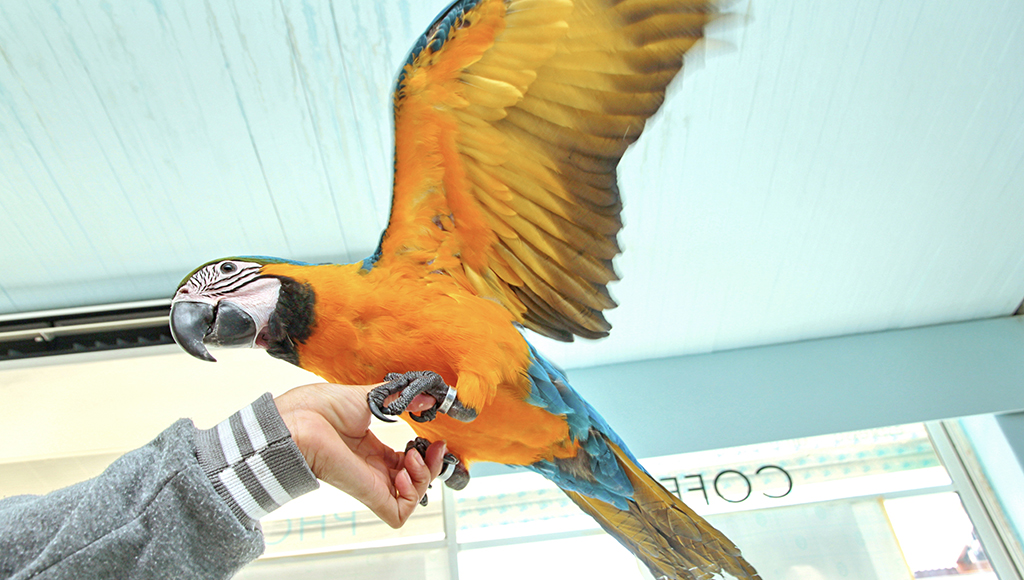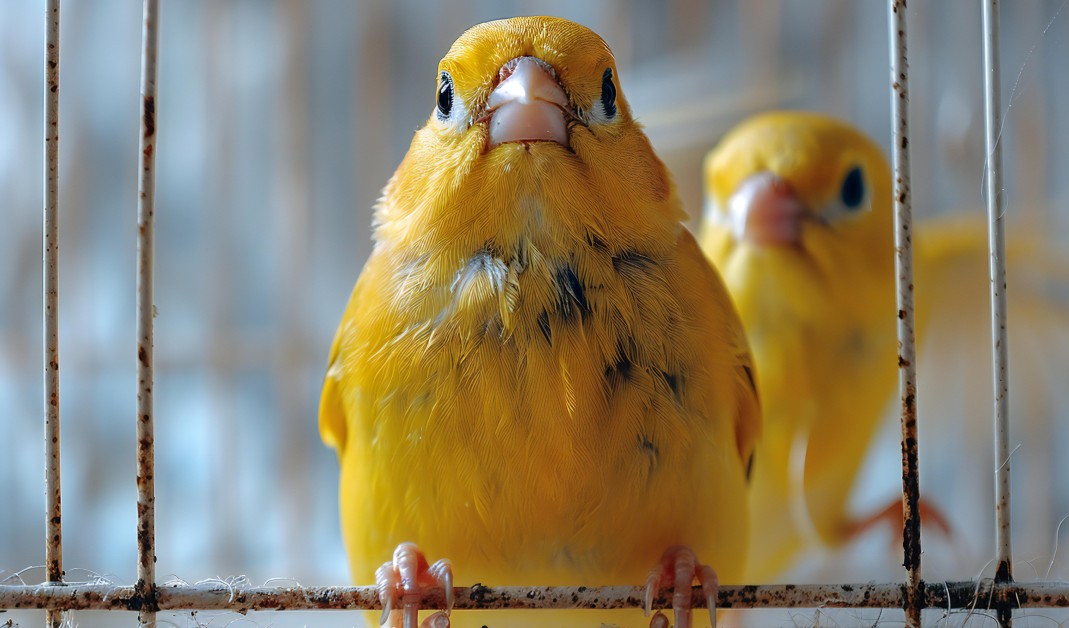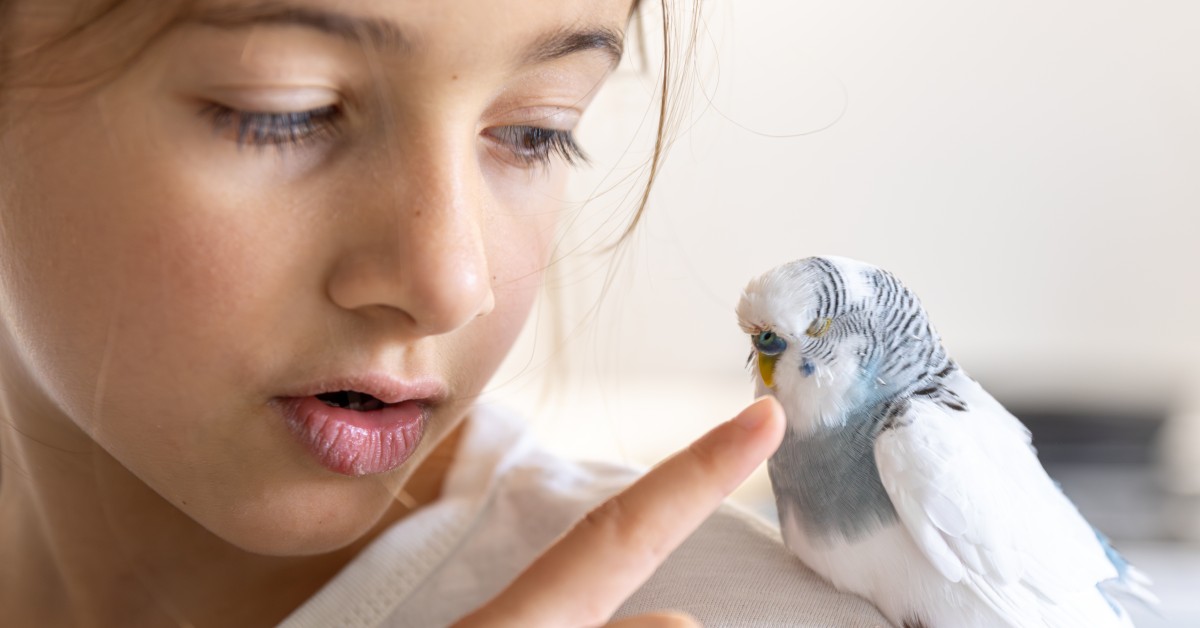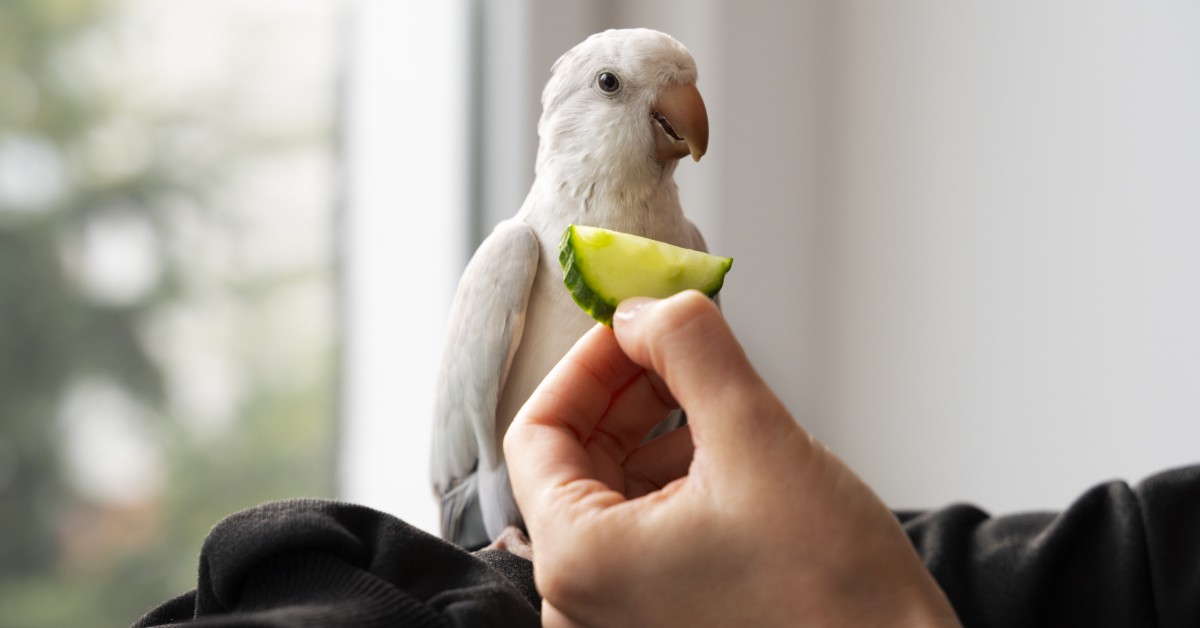Controlling Bird Dust and Dander
If you don't keep it under control, these airborne particles build up in your home causing health problems.

Bird dust is a white powder produced by the feathers that are closest to the skin. This powder helps keep your bird’s feathers soft and silky. As a result, African Greys, Cockatoos, Cockatiels and Amazons that produce this powder are called powder down birds. Dust from the Amazon is less noticeable than the other breeds because it is darker and often goes unnoticed.
This wing dust is just one of several kinds of dust or dander that birds generate. While it is a pain to clean up, bird dust also causes a tremendous increase in airborne particles in your home which can accumulate and cause health problems, especially for those with sensitive noses or allergies.
Main Problems of Bird Dust and Dander:
-
Clogged Air Passages - Birds have an
incredibly efficient respiratory system, which can be both a
blessing and a curse. Even though their air passages are small,
these tubes are highly efficient in transporting air. However,
because the airways are so tiny, they can quickly and easily
become clogged.
When birds are forced to breathe air that is thick with dander and dust, as well as other normal household pollutants, it almost always leads to disease and infection which can shorten your bird's lifespan considerably.
Instinct allows birds to be able to effectively hide symptoms when they are ill. This behavior keeps them from being seen as weak and defenseless and being seen as prey for other animals. This behavior doesn't stop once they become a part of your family. Being able to hide the problem from their humans allows the illness to progress, until
there is little or no chance of having them recover even with medical attention.
-
Bird Fancier's Lung - This is a disease that
affects humans. It starts when dried feces dust is inhaled. The
onset of symptoms occurs fairly rapidly, usually within a
6-hour period. Symptoms include chills, fever, dry cough and
chest pain. This condition is very rare and is only
occasionally fatal.
- Allergy and Asthma Trigger - People who suffer from airborne allergies are generally hypersensitive to a variety of particles, including normal household irritants like household dust, dust mites, mold and mildew spores and pet dander. Adding more particles into the air with a dusty feathered friend usually increases allergy and asthma flare ups to an uncomfortable level. When allergic reactions and allergy symptoms become extreme, many people are forced to make a painful choice between their beloved bird and their health.
Tips for Reducing and Controlling Dust and Dander:
-
Continuous HEPA Filtration - Taking the
particles out of the air is important for the health of both
birds and their owners. Since this is a particulate problem,
the best type of filtration is high efficiency particle
arresting (often shortened to HEPA) filtration. As its name
suggests, it is incredibly efficient at removing particles as
small as .3 microns with 99.97% efficiency. This means that
99,997 out of every 10,000 particles are removed from the
air.
This type of filter is all-encompassing, so it would also remove normal household pollutants such as dust, dust mites, mold and mildew spores, and dander from other pets. Unfortunately, these airborne pollutants are typical even in the cleanest of homes unless the air is being filtered. These filtration systems are readily available in a variety of floor models you can move from room-to-room, as well as installed into your home air system.
-
Clean Regularly- A regular cleaning schedule
will greatly help reduce the amount of irritants that can be
inhaled. Reducing the irritants this way will make the room a
more pleasant place to be, particularly for those who are
sensitive to the dander and powder.
-
Clean Smarter - Carefully choosing the
furnishing in the bird's room can make cleaning easier and more
efficient. Choose surfaces throughout the room that can be
easily wiped clean. Fabrics and carpets make it difficult to
clean, because particles become embedded in the fabric, rather
than sitting on the surface. When wiping down surfaces, use a
slightly damp cloth rather than a dry cloth, as it gathers more
of the debris, sending less of it airborne.
-
Choose Your Bird Carefully - This is not much
help if you have already fallen in love with a particular breed
or bird. However, if you are planning to add to another bird to
your family, doing a little research can help you decide on the
type of bird that is likely to produce less dust and
dander.
- Limit The Number of Birds - Some birds are happier when living with another bird. However, you can greatly reduce the amount of particles by carefully considering how many birds your space can comfortably handle. By the number of feathered friends you choose, you will automatically reduce the dust and dander levels in your home.
Following the above suggestions can make a huge difference in the quality of life you provide for both you and your pet bird. Eliminating bird dust from the air means a healthier bird and a healthier you.
Ready to start saving money on pet wellness care?
Then take a look at Mint Wellness, the pet wellness plan that provides fast reimbursement on routine pet care. Save on vaccinations, wellness exams, preventatives, dental, and more!
Learn More


